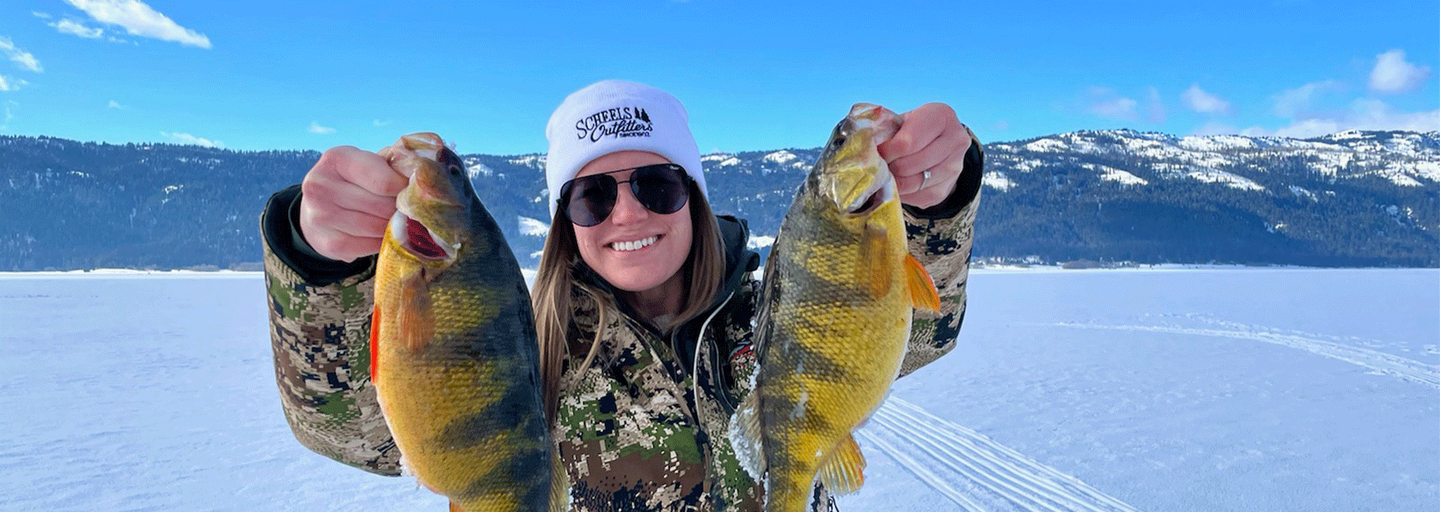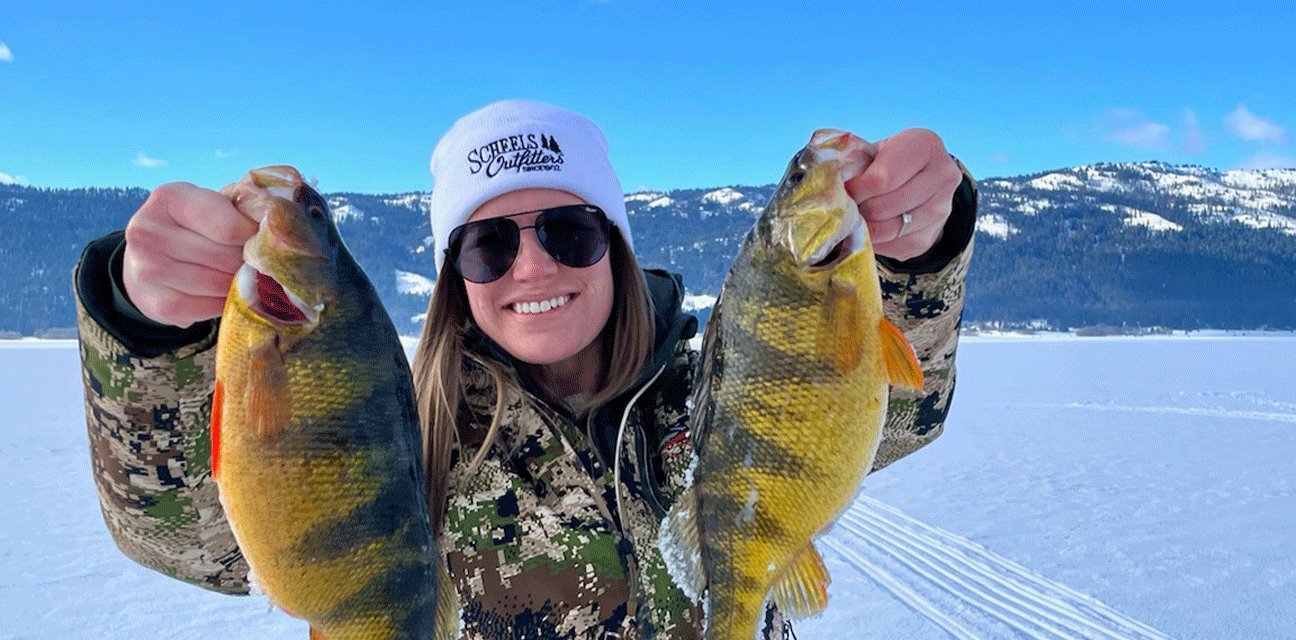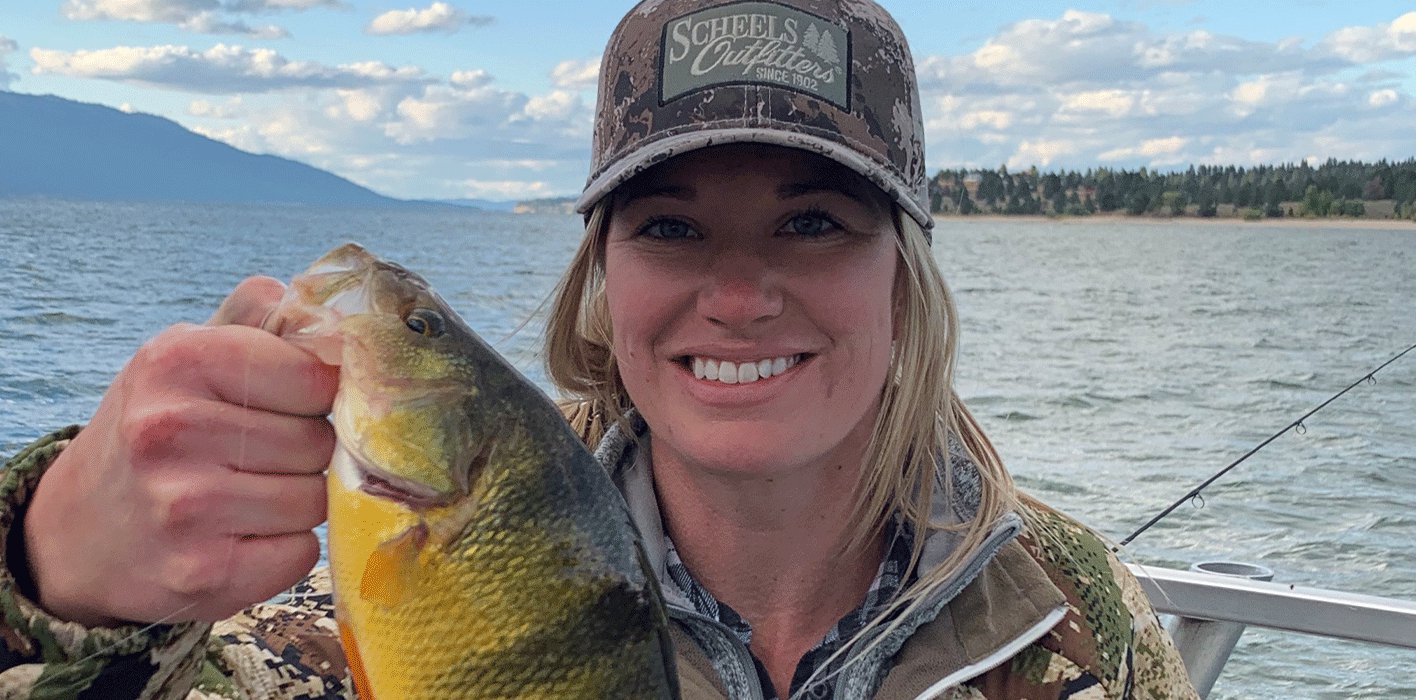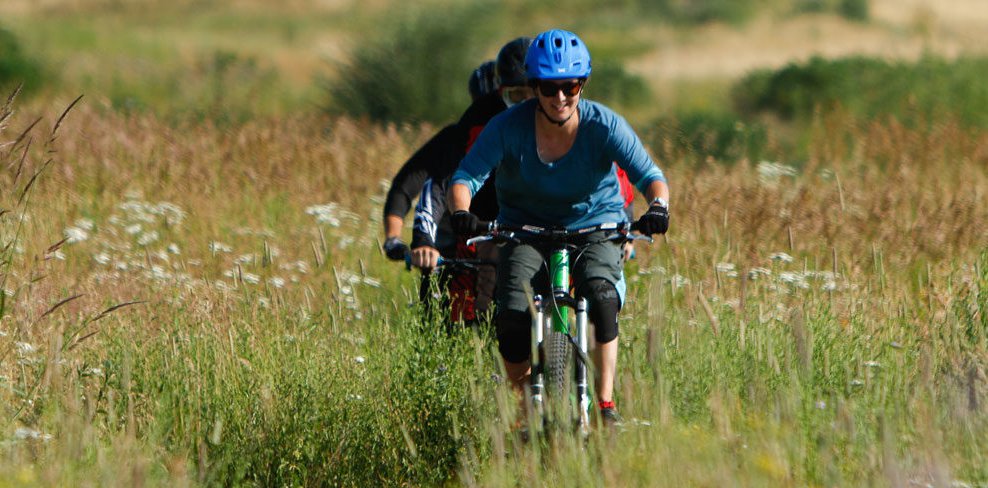PRIVATE DOWNHILL MOUNTAIN BIKE LESSON
This is a 2-hour or full-day, lift-served private lesson with a PMBIA certified instructor focused on beginner-intermediate MTB skill progressions including:
- Position & balance
- Shifting & braking operations
- Terrain awareness and flow
- Direction control
- Pressure control
- Cornering techniques
Learn to flow on your favorite Tam trails and develop the confidence and skill to ride your favorite trails.
** Lift pass sold separately
2-Hour Private Lesson
PMBIA certified instructor | Lift pass sold separately
|
$120
|
Buy Now
|
Full-Day Private Lesson
PMBIA certified instructor | Lift pass sold separately
|
$400
|
Buy Now
|
EARLY BIRD PRIVATE MOUNTAIN BIKE LESSON
Looking for a quick morning ride before the lift opens?
This is a one-hour, private morning lesson with a PMBIA certified instructor focused on beginner-intermediate skill progressions using drills and Tamarack XC trails.
** No lift service
1-Hour Private Lesson
PMBIA certified instructor | Lift pass sold separately
|
$60
|
Buy Now
|
NIGHT OWL PRIVATE MOUNTAIN BIKE LESSON
Looking to recap after a shred sesh?
This is a one-hour, private evening lesson with a PMBIA certified instructor focused on beginner-intermediate skill progressions using drills and Tamarack XC trails.
** No lift service
1-Hour Private Lesson
PMBIA certified instructor | Lift pass sold separately
|
$60
|
Buy Now
|
PRIVATE XC MOUNTAIN BIKE LESSON
This is a two-hour, private lesson with a PMBIA certified instructor focused on beginner-intermediate XC skill progressions (Green & Blue trails).
*No lift service
2-Hour Private Lesson
PMBIA certified instructor | Lift pass sold separately
|
$120
|
Buy Now
|
PMBIA Reference Guide for Tamarack MTB Program
“The purpose of the PMBIA is to inspire excellence in mountain bike instruction guiding and coaching. Through industry-proven content and instruction, PMBIA assists mountain bike instructors, guides, and coaches to deliver consistent, professional, training standards, worldwide.”
SAFETY
Inherently, mountain biking is always a potentially dangerous activity so eliminating all risks is impossible. However, a good instructor should be able to continuously assess and manage any risks appropriately. A safe client is impossible unless of course, they stay at home on the couch. A safer client, where the risks have been managed, minimized, or limited, to actively reduce the likelihood and severity of an incident, is very possible.
FUN
The essential ingredient for creating return clients and life-time mountain bikers! Learning to mountain bike above all else should be fun. It’s the sheer enjoyment, positive lifestyle, health benefits, outdoor experience, and social aspects that make us all ride our bikes in the woods. Getting those kids to stick with it or the adults to come back for more, largely depends on if the pro’s outweighed the con’s… and having a lot of fun goes a long way to tipping the scales in the right direction.
LEARNING
Learning something new is incredibly fun. Improving a current skill makes us excited, proud of our achievements, and thirsty for more. Good instructors can help students learn more safely and efficiently. This ultimately means students should learn more easily and quickly when compared to not taking a lesson. How much of a difference an instructor makes to student’s learning, depends on their experience and competency with the information in this reference guide.
RIDING THEORY: The 6 Fundamental Skills of Mountain Biking
To be able to teach a sport, we must first have a clear understanding of how we do it; the physics, biomechanics and different skills involved, and how and why they work independently and together, to produce the desired outcomes. Only then are we in a position to safely and effectively teach the sport to another person.
The analysis of a sport must therefore come first, before we can teach it. By dividing the sport of mountain biking and organizing it into six main skills, we can break down the wealth of information and perceived subjectivity of riding techniques into clear, distinct, sequential segments of information. These six skills are further divided into their own skill components, and three different skill types:
- BIO-MECHANICAL: The physics of body movements
- Position and Balance
- Direction Control
- Pressure Control - MECHANICAL: Bike operation
- Operations of Control - VISUAL & TACTICAL: Observational skills and choosing tactics
- Terrain awareness
- Timing and Coordination









